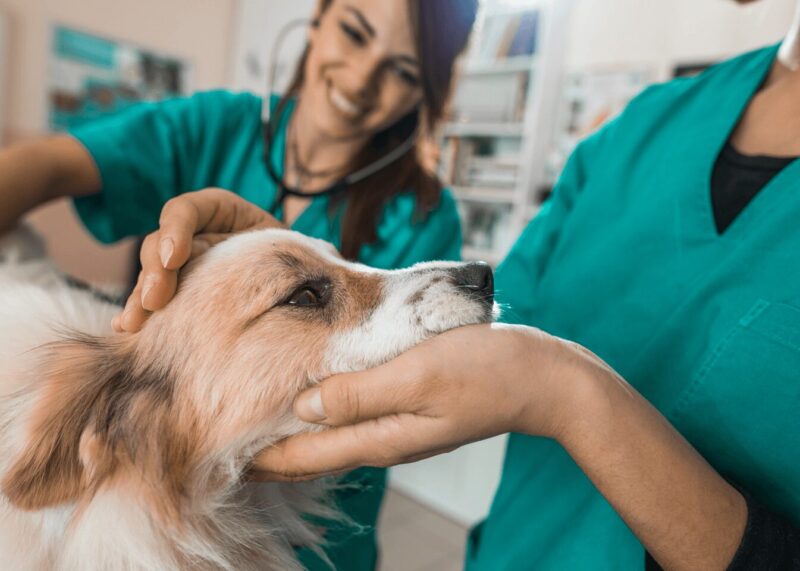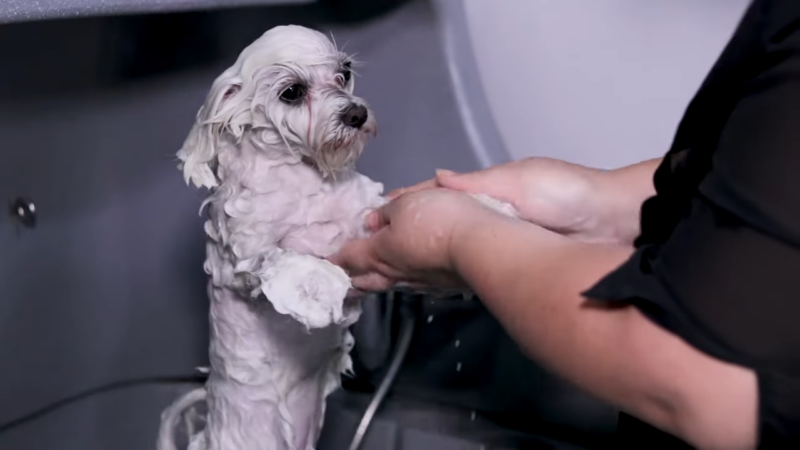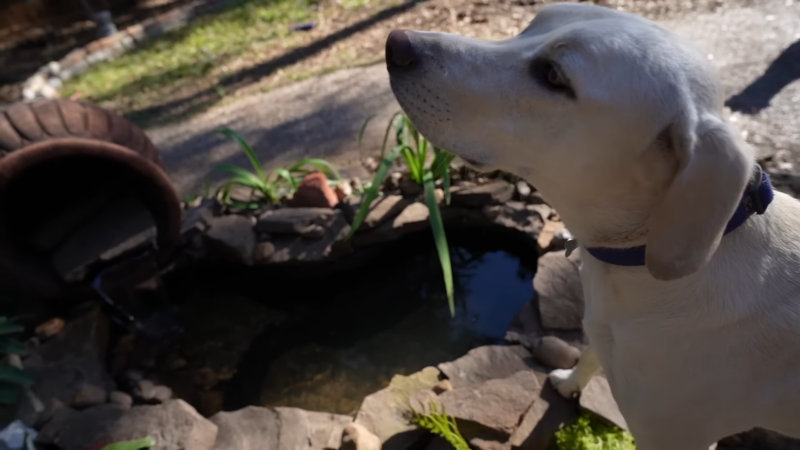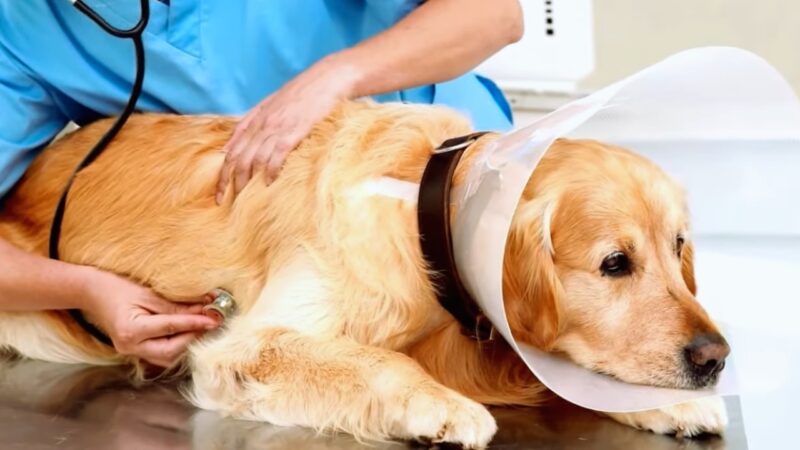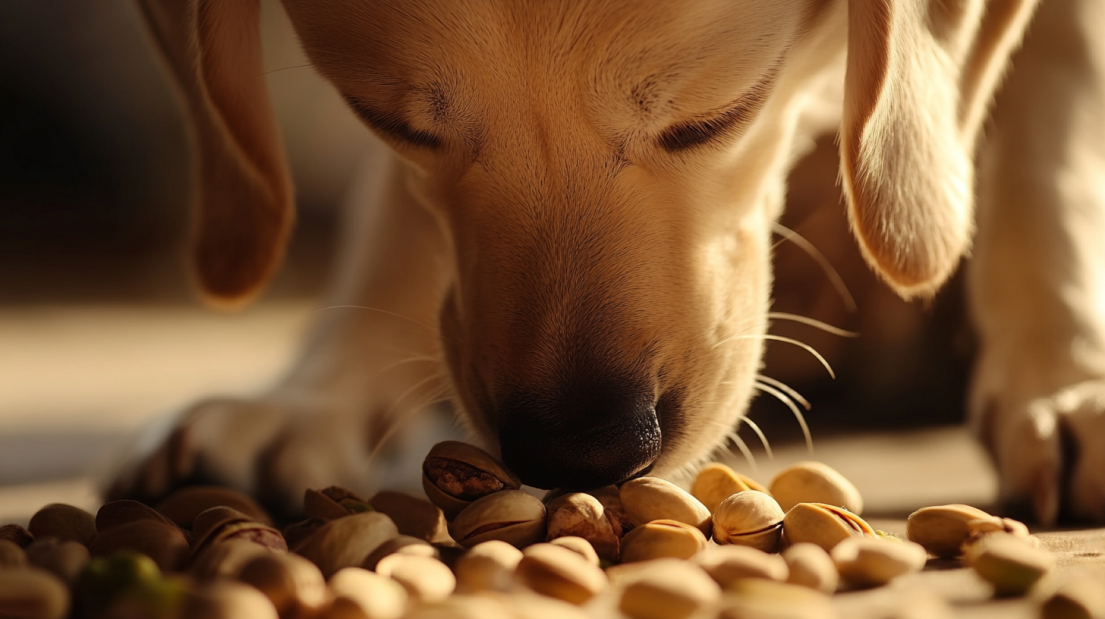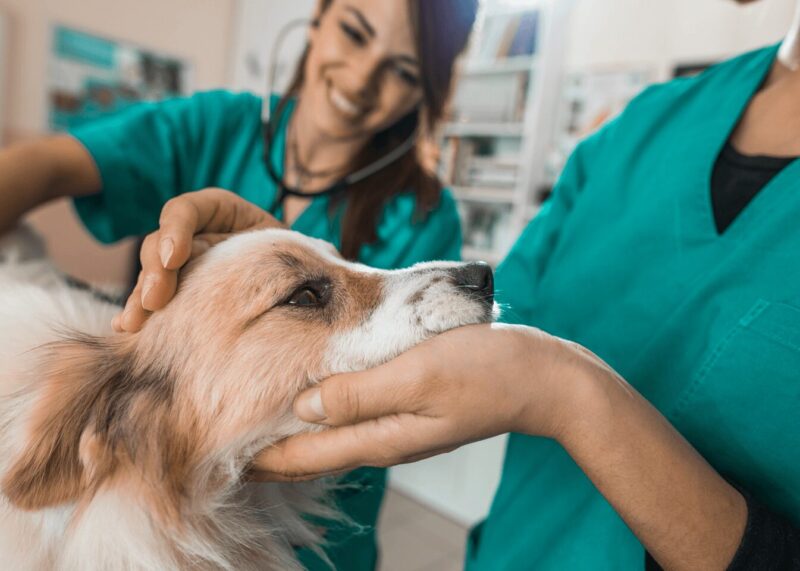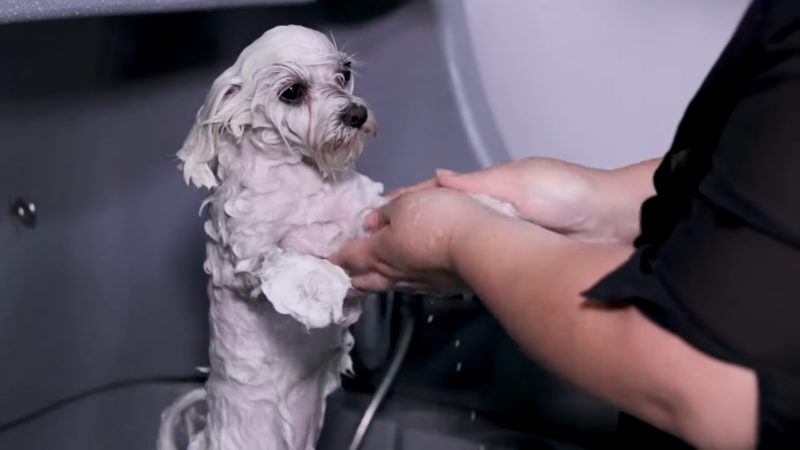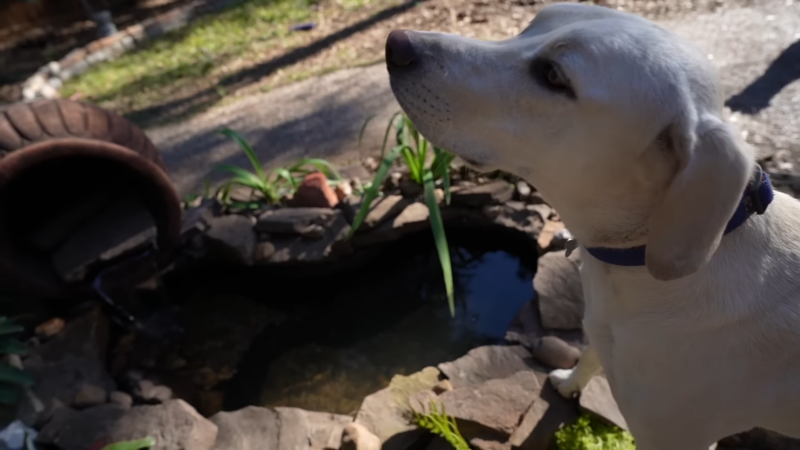
-
 Stefan Mihajlovic
Stefan Mihajlovic
- Published:
- Updated: March 12, 2024
- Category: Dog Specific Care, Medication and Treatments, Pet Health and Care
Share Post:
We all love our furry friends, but taking care of them isn’t always a walk in the park. Sometimes, they can exhibit concerning symptoms, and it’s our job as pet parents to understand and address them. One such situation is when a dog poops clear liquid. Let’s dive into understanding why this happens and what steps you can take.
Normal Stool
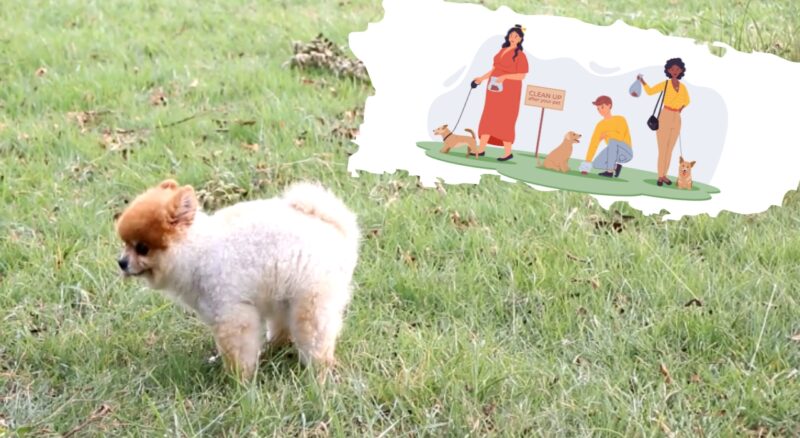
Before we get into the specifics of dogs excreting clear liquid, it’s essential to understand what normal stool looks like.
What Constitutes a Normal Stool?
Normal dog stool is firm, moist, and chocolate brown. Its consistency is akin to playdough. If you notice any drastic or sudden changes, it could be indicative of a health concern that may require professional attention.
Factors Influencing Stool Appearance
Numerous factors can influence your dog’s stool appearance, including diet, hydration, and exercise levels. Certain foods can darken or lighten stool color, while others may cause it to become harder or softer.
Variation in Stool Appearance
Variations in stool appearance don’t always indicate a problem. For instance, if your pet’s stool is slightly softer or firmer than usual, but they’re otherwise behaving normally, there’s probably no cause for alarm.
When to Worry
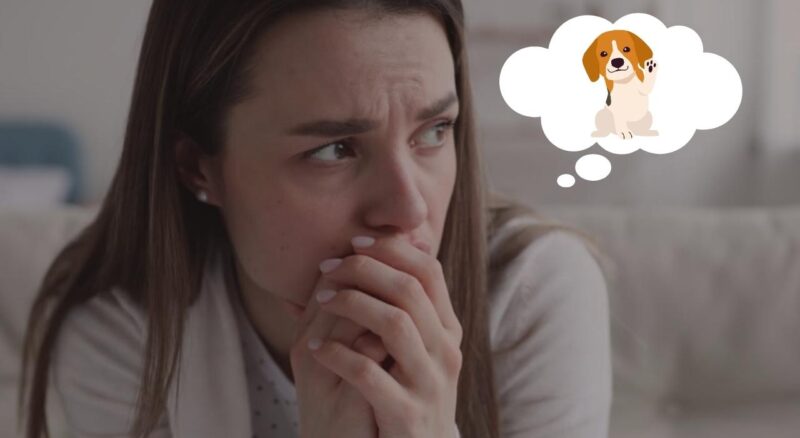
While slight variations in stool aren’t typically a problem, dramatic changes—like a dog pooping clear liquid—shouldn’t be ignored. This can be a sign of a serious health issue.
Causes of Clear Liquid in Stool (Introduction)
If your dog is pooping clear liquid, several potential causes could be at play. It’s crucial to identify the underlying issue to provide proper care.
Dietary Issues
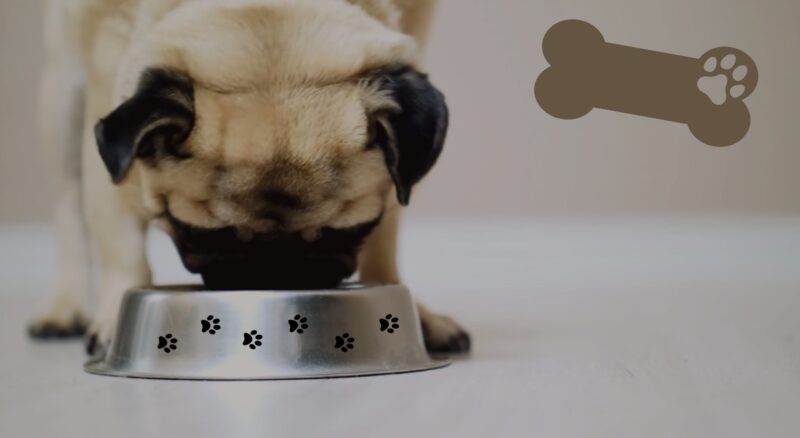
Clear liquid in your dog’s stool might be due to something they ate. Dogs often consume things they shouldn’t, which can upset their digestive systems and lead to abnormal stool.
Parasites and Infections
Parasitic infections, such as Giardia or Coccidia, can cause clear mucus or liquid in your dog’s stool. These parasites attack the gastrointestinal tract, leading to an array of digestive symptoms.
Colitis and Other Inflammatory Conditions
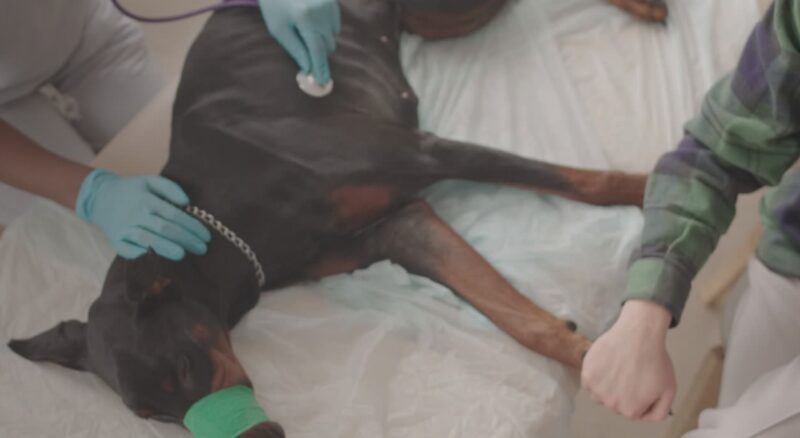
Inflammatory conditions, such as colitis, can cause a dog’s stool to contain clear liquid. Colitis involves inflammation of the colon, which disrupts normal digestive processes.
Serious Illnesses
In some cases, a dog pooping clear liquid can signal a serious illness, like cancer. It’s crucial to consult a vet promptly if you notice this symptom and others that suggest illness.
Identifying Other Symptoms
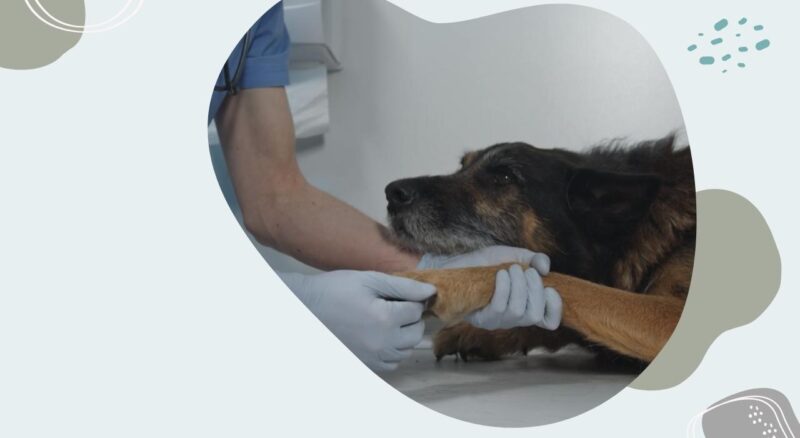
Clear liquid in stool is often accompanied by other symptoms. Spotting these can help you get a better idea of what might be wrong.
Changes in Behavior
Behavioral changes, such as lethargy, loss of appetite, or increased thirst, often accompany digestive issues. These signs can help you determine the severity of the problem.
Physical Symptoms
Other physical symptoms to watch for include bloating, weight loss, vomiting, or blood in the stool. These symptoms should prompt immediate veterinary consultation.
Frequency and Consistency of Stool
Changes in the frequency and consistency of stool can indicate a problem. More frequent bowel movements or consistently loose or hard stools are cause for concern.
Other Signs of Distress
Listen for any unusual sounds from your dog’s stomach and look for signs of distress, like whimpering or restlessness. These symptoms might indicate pain or discomfort.
Diagnosing the Problem
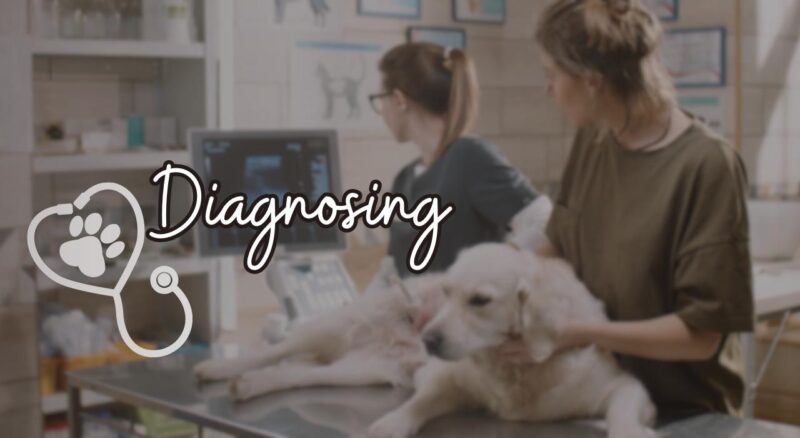
If your dog is pooping clear liquid, a vet will need to diagnose the underlying cause. Here’s what to expect during a veterinary visit.
Medical History and Physical Examination
The vet will likely begin by taking a thorough medical history and performing a physical examination. This provides a general overview of your dog’s health status.
Fecal Examination
A fecal examination can help identify parasites or infections. Your vet will need a fresh stool sample for this test.
Blood Tests
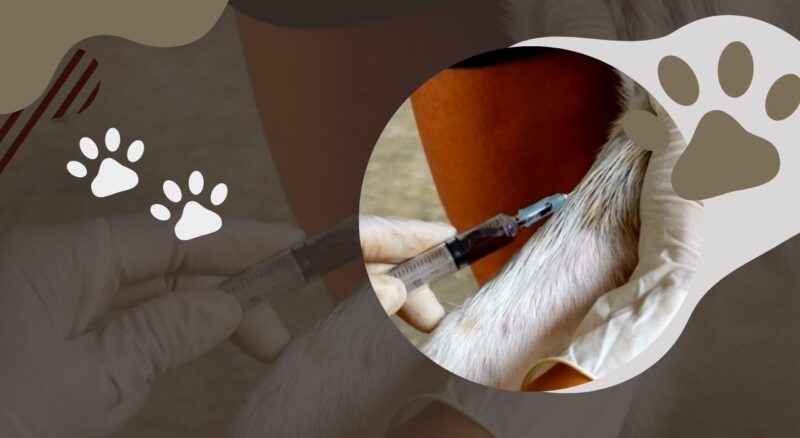
Blood tests can provide further insight into your dog’s health, potentially revealing conditions like anemia or liver disease.
Imaging
In certain cases, the vet may recommend imaging tests like X-rays or ultrasounds. These can reveal structural abnormalities in the gastrointestinal tract.
Treatment Options
Once your vet has diagnosed the problem, they can recommend a suitable treatment approach. Here are some possibilities.
Dietary Adjustments
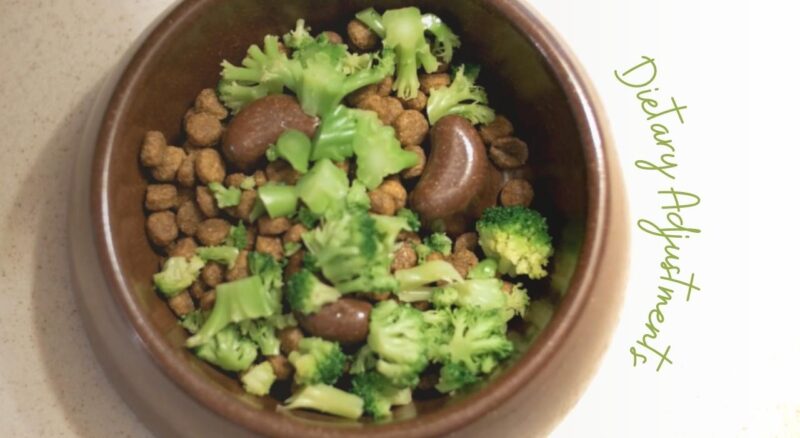
If a dietary issue is causing the problem, your vet may recommend a special diet. This could involve a prescription diet or a home-cooked meal plan.
Medication
Depending on the diagnosis, your dog may need medication. This could range from antibiotics for infections to anti-inflammatory drugs for colitis.
Hospitalization
In severe cases, hospitalization might be necessary. Your dog may need fluids, supportive care, or even surgery in some instances.
Home Care and Monitoring
Once your four-legged friend is back home, it’s crucial to monitor their progress closely. You’ll need to administer any prescribed medication and ensure they’re eating and drinking normally.
6. Preventing Future Issues (Introduction)
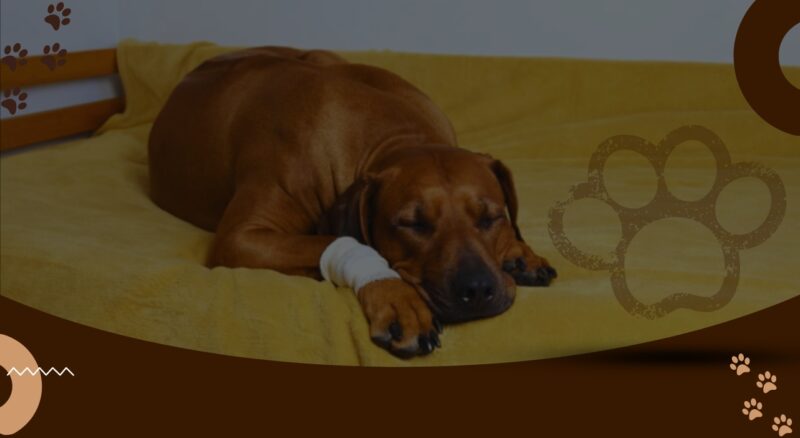
Once your pet has recovered, your aim should be to prevent any future occurrences of such digestive disturbances. Here’s how you can do it.
Maintain a Balanced Diet
Maintaining a balanced diet is key to ensuring your dog’s digestive health. Avoid any sudden changes in their diet and limit their access to table scraps or non-dog foods.
Regular Exercise
Regular exercise helps maintain a healthy digestive system. It also helps in regulating bowel movements. Ensure your dog gets plenty of exercise tailored to its breed, age, and health condition.
Regular Vet Check-ups
Regular vet check-ups are vital to spot any health issues early. Remember, early detection often leads to a better prognosis and can prevent serious complications.
Parasite Control
Ensure your four-legged friend is on a regular parasite control program. This can help prevent infections that might cause digestive upsets.
What You Need to Know About Your Dog’s Health

Your pet’s health is a complex matter, but understanding the basics can help you ensure your pet stays happy and healthy.
Role of Hydration
Hydration plays a vital role in your pet’s health. Ensure your dog always has access to clean, fresh water to prevent dehydration and support overall health.
Importance of Dental Health
Good dental health is important for digestion. Regularly brushing your furry friend’s teeth and providing dental chews can contribute to better digestive health.
Impact of Stress
Just like in humans, stress can impact a dog’s digestion. Try to keep its environment as stress-free as possible.
Regular Grooming
Regular grooming can prevent your dog from ingesting hair, which can sometimes contribute to digestive problems. Keep its coat clean and well-groomed.
Importance of Proper Hydration
Proper hydration plays a critical role in your furry friend’s overall health, including its digestive system. Let’s delve into the importance of water and how to ensure your dog stays well-hydrated.
The Role of Water in Digestion
Water aids in the digestion process and helps with nutrient absorption. A well-hydrated dog will have healthier digestion, leading to normal, healthy stools.
Signs of Dehydration
Signs of dehydration in dogs can include dry noses and gums, decreased appetite, lethargy, and sunken eyes. It can also lead to changes in stool consistency and color.
Preventing Dehydration
Preventing dehydration involves ensuring your pet always has access to clean, fresh water. On hot days or after exercise, your dog may need more water than usual.
Dehydration and Clear Stools
If a dog becomes dehydrated, the body may draw water from the colon, leading to harder stools. Conversely, conditions that cause dehydration, like diarrhea, can result in passing clear, watery stool.
Holistic Approaches to Digestive Health (Introduction)
While medical intervention is often necessary, holistic approaches can also support your dog’s digestive health. Here are a few to consider.
Probiotics
Probiotics can aid digestion and help maintain healthy gut flora, especially after a bout of diarrhea or a course of antibiotics.
Natural Diets
Feeding your dog a natural, high-quality diet can significantly impact their digestive health. This includes limiting processed foods and considering raw or home-cooked diets.
Herbal Remedies

Certain herbal remedies, under the guidance of a veterinarian or a holistic pet health expert, can support digestive health. Slippery elm and marshmallow root are two herbs traditionally used for digestive issues.
Regular Exercise and Mental Stimulation
Regular exercise and mental stimulation keep your dog fit and healthy and can reduce stress, a common trigger for digestive issues.
When to Seek Professional Help
It’s crucial to know when to seek professional help. Not all changes in your dog’s stool require a vet visit, but some definitely do.
Persistent Symptoms
If your dog’s symptoms persist for more than 24 hours, it’s time to consult a vet. Long-term digestive issues can lead to dehydration and other serious problems.
Severe Symptoms

If your dog is exhibiting severe symptoms like vomiting, severe diarrhea, blood in the stool, or signs of pain, seek veterinary care immediately.
Multiple Symptoms
Multiple symptoms often indicate a more serious issue. If your dog is exhibiting several of the symptoms mentioned earlier in this article, it’s best to consult a vet.
Changes in Behavior
Changes in behavior, such as lethargy, reduced appetite, or unusual aggression, can indicate that your dog isn’t feeling well. Always consult a vet if you notice any drastic changes in its behavior.
Final Words
If your dog is pooping clear liquid, it’s essential to take the situation seriously and seek veterinary advice. The problem could range from a simple dietary indiscretion to a serious illness, but with timely intervention, your furry friend can get back to their normal, playful self. Remember, the information provided here should not replace professional veterinary advice but serve as a guide to understand what might be happening and prepare you for a vet visit.
Related Posts:
- 10 Reasons Why Your Dog is Throwing Up Brown Liquid
- Why Does My Dog Have Black Gums? - Causes, Symptoms,…
- Why Is My Dog Panting and Has Diarrhea? - What You…
- Why Is My Dog's Skin Pink? A Comprehensive Guide
- Why Is My Dog’s Lip Turning Pink? - Pigmentation Explained
- Should You Include Kiwi in Your Dog’s Diet? Here’s Why
- Causes, Clear Liquid, Dog, Health, Pet, Pooping, Prevention, Treatment


